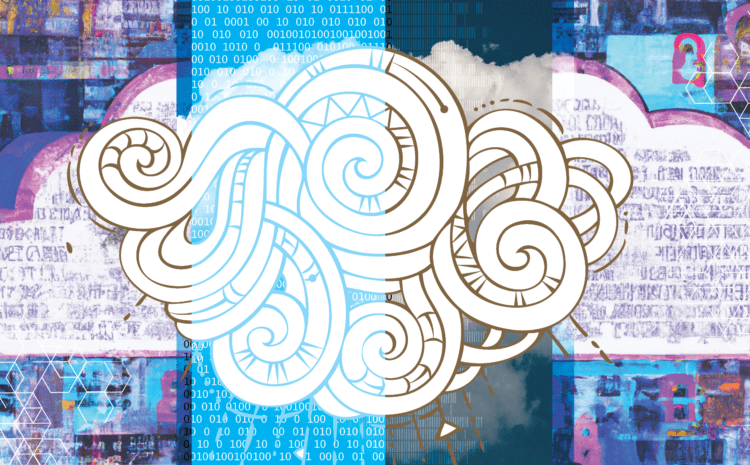The cloud has become synonymous with the internet for several years now. Not a day goes by without your data touching the so-called cloud. What does that mean, though? How is your data handled by the cloud? When we look deeper, what makes up the cloud?
History of Cloud Computing
The history of cloud computing, in one sense, can be seen as the history of the internet.
In fact, the early internet heavily resembles modern cloud computing. The development of the early internet, or ARPANET as it was eventually called, was an endeavor taken on by academics looking to connect and share the processing power of early computers. By connecting computers to each other over long distances, scientists and scholars were able to share and process immense (for the time) volumes of data.
We can see the early DNA of modern cloud processing in ARPANET blueprints. Sharing processing resources to store, retrieve, and protect information is the true core of cloud computing. After the formal development of what we recognize as the modern internet, the term “cloud computing” came into being. Specifically, in 1996 the term “cloud computing” was coined. We can find the first use of the term in a Compaq internal document. The term “cloud” was originally linked to the concept of distributed computing.
The idea, while not new, would take off in the modern internet age as computers became smaller, cheaper, and more powerful. With a growing number of users and uses, the internet found more and more utility in the idea of sharing computational loads across long distances. We use cloud computing today to stream movies, save files online, and host websites. It is an integral part of the internet as we understand it; without it, most modern infrastructure would fall apart.
What Makes Cloud Computing Secure?
The cloud is more of a broad concept than it is a single operating entity. This means that there are several iterations of the cloud, each governed by its own rules and operated by a distinct organization. This leads to one frankly unsettling conclusion.
There is nothing that inherently secures the cloud.
While it is true that every organization has a vested interest in securing its servers, no single governing principle guarantees the safety of cloud computing. As things currently stand, the responsibility of finding secure solutions to your storage and processing needs falls squarely on your own shoulders. There are three things every person should keep an eye out for when trusting their data with a company’s cloud:
Encryption: When transmitting and storing data, encrypting it means that it is unreadable in the unlikely event that it is intercepted. Encryption works much like a lock and key. Data is encoded in a manner that renders it entirely unreadable unless unscrambled by a “key.” Encryption keys should only be granted to the parties that have been given proper authorization.
Decentralization: Storing data in a centralized location is a dangerous game. When hackers grant themselves access to a server, they have free reign over the data housed within it, encrypted or not. This means that broadly distributing saved data across several servers is one of the most security-minded decisions a storage service can make to protect its users.
Privacy: Encryption means nothing if a third party has an encryption key. When looking for truly secure storage, look for encrypted solutions that refuse to safe backdoor access for themselves, whether that is for account recovery or otherwise
AXEL’s Cloud Services
We understand the importance of cloud security. That’s why AXEL Go is built on a foundation of security and privacy.
First and foremost, our cloud storage is decentralized in every sense of the word. Our distributed servers store data by dividing it up into several separately encrypted fragments backed by several redundancies and placing each fragment in its own location. By doing this, we ensure that data is secured on two fronts. The premium-grade encryption protects data from interception, and our distributed servers protect this encrypted data from direct attacks. AXEL also decentralizes the encryption process. By relinquishing encryption keys to users, we have no access to the contents of your storage. Top secret files and personal photos alike are protected on our servers forever from anyone except authorized recipients.
We have created the ultimate secure file storage app and sharing service by taking security seriously. AXEL Go is simple to use and backed by some of the most secure encryption and decentralization protocols.
Sources
“Is Cloud Storage Safe?” Proton, December 13, 2022. https://proton.me/blog/cloud-storage-safe.
IT, The Science behind. “How Secure Is Data Stored in the Cloud?” The Science Behind It., September 17, 2019. https://thesciencebehindit.org/how-secure-is-data-stored-in-the-cloud/.
